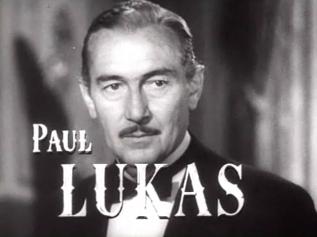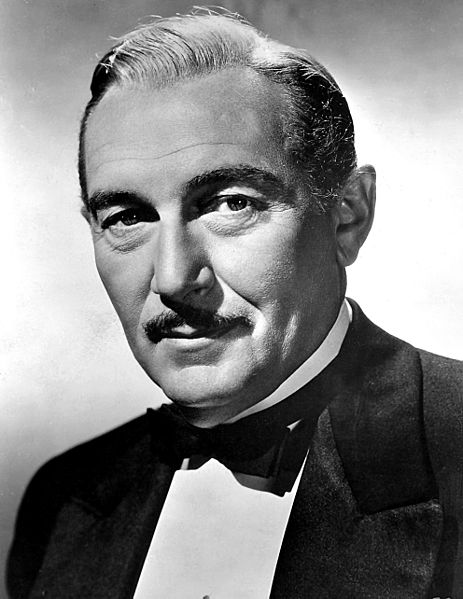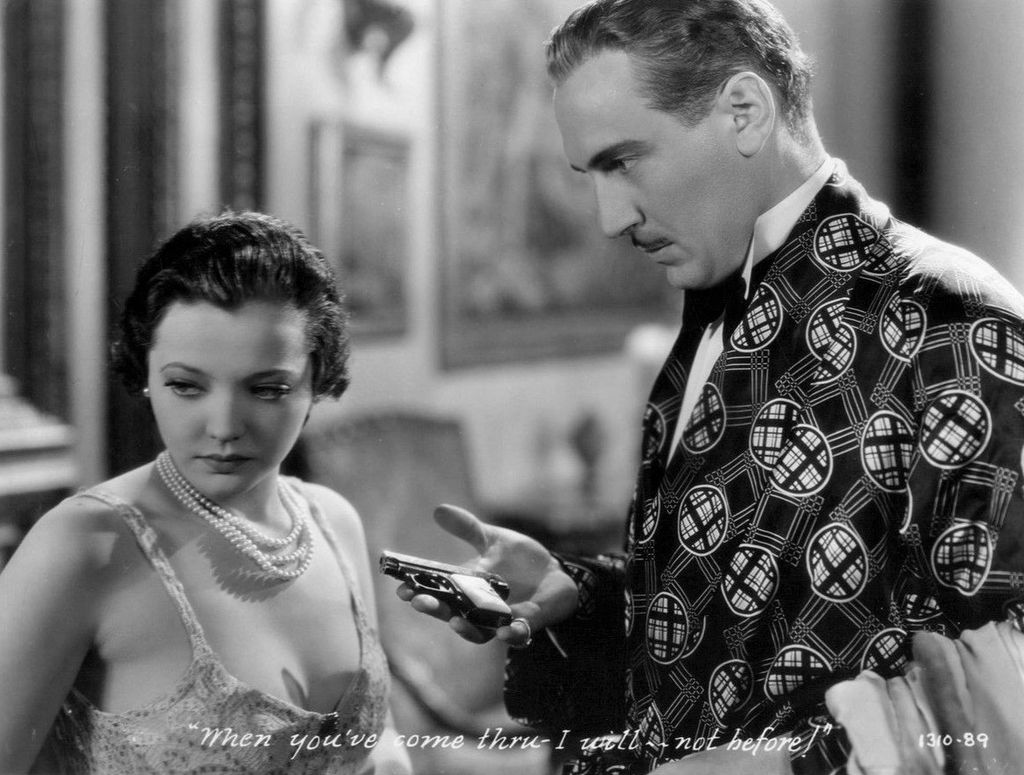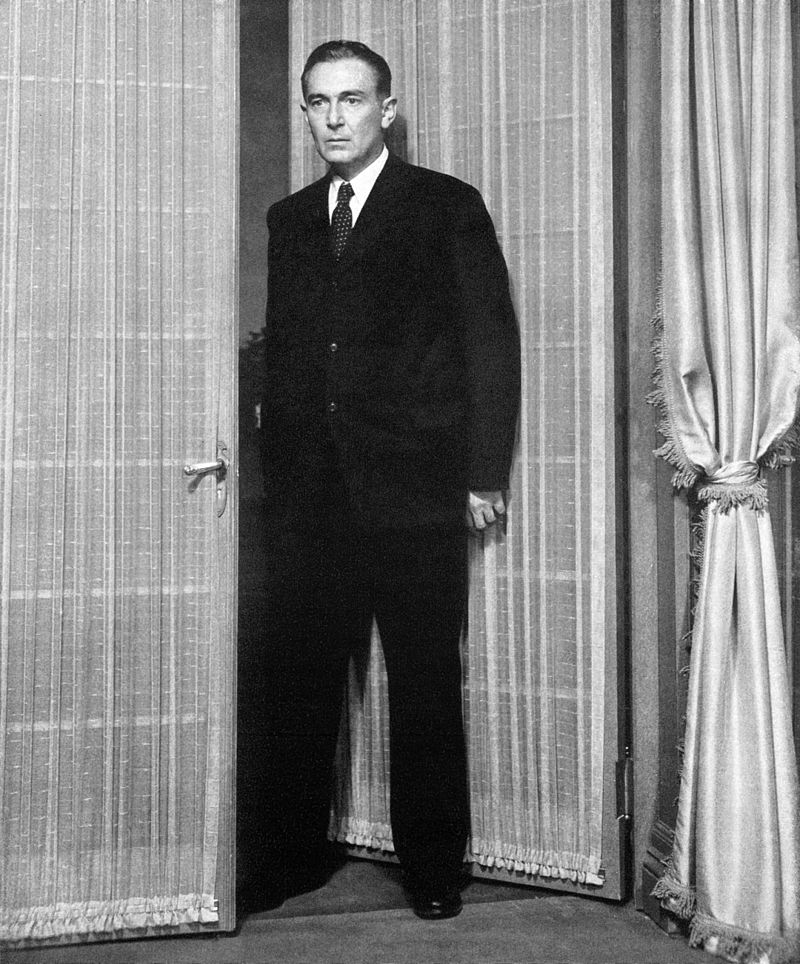
The President of the Hungarian Hollywood Council, highlighted Hungary's deep-rooted connections with Hollywood.Continue reading

130 years ago, on May 26, 1894, Paul Lukas (Pál Lukács) was born, writes Magyar Nemzet. The only Hungarian actor to win an Oscar, he was the first actor to receive the Golden Globe Award for Best Actor in a Leading Role, the year the prize was established in 1944.
He was born in Budapest in 1894. After his schooling, he was trained for a commercial career, served on the front in World War I, and was wounded. After his demobilization in 1915, he enrolled at the Academy of Drama and Film in Budapest, from which he was lured by the theater in Košice (Kassa, Slovakia) six months later, and he never finished his studies. He first appeared on stage in the title role of Bánk bán (or Bánk the Palatine), and later played Othello. Two years later he was sent to Budapest, and from 1918, he was a member of the Comedy Theater of Budapest (Vígszínház) for almost a decade, where he debuted in the role of Pinkerton in Madama Butterfly.
The strikingly tall, handsome, mustachioed young man was mainly cast in heroic roles.

Photo via Wikipedia.
His life took a radical turn in 1927, when Adolph Zukor, the president of Hollywood’s Paramount Pictures, signed him as Pola Negri’s partner to star in the silent film The Woman from Moscow. That same year, he first appeared on the big screen with the Hungarian actress, Vilma Bánky. He soon became world famous, starring in about a hundred films.
His career was hampered by the difficulties of sound films, not so much because his strong facial expressions and emphatic gestures were replaced by more restrained performances, but because his English accent was terrible.
After six months of language learning, Paramount Pictures signed him to a five-year contract as a “speaking” actor after the screen test.

Sylvia Sidney and Paul Lukas in a scene from the American film City Streets. Photo via Wikipedia.
In the 1930s, he appeared in black and white film dramas, such as Anybody’s Woman. Lukas also played in the drama Little Women, directed by George Cukor and starring Katharine Hepburn and Joan Bennett in the leading roles. In the second half of the 1930s, he also acted in romantic comedies (Dinner at the Ritz) and crime thrillers directed by Alfred Hitchcock (The Lady Vanishes) in England.
A U.S. citizen since 1937, Lukas’ greatest success came in 1943, with the black-and-white film Watch on the Rhine, starring Bette Davis.
The movie was based on a play by Lillian Hellman, which Lukas had already made a hit on Broadway. For his performance in the anti-fascist war drama, Lukas won the Golden Globe Award for Best Actor, the New York Film Critics Circle Award, and the Academy Award.

Paul Lukas starring as Kurt Mueller in the original Broadway production of Lillian Hellman’s Watch on the Rhine. Photo via Wikipedia.
It is interesting to note that the 1946 film Temptation, directed by Irving Pichel, also starred Robert Capa, the Budapest-born, world-famous photographer.
Lukas was awarded a star on the Hollywood Walk of Fame in 1960. He last appeared in front of the camera in 1970 in the TV movie The Challenge.
The actor had two passions: animal rescue, taking home almost all stray dogs, and flying, often in his private jet. He was an avid sports fan, an excellent tennis player, and he showed Hungarian athletes, who were participating in the 1932 Summer Olympics in Los Angeles, around Hollywood.
Lukas died on August 15, 1971, while on holiday in Tangier, Morocco. At his request, he was buried in Málaga, Spain.
Via Magyar Nemzet; Featured image via Wikipedia